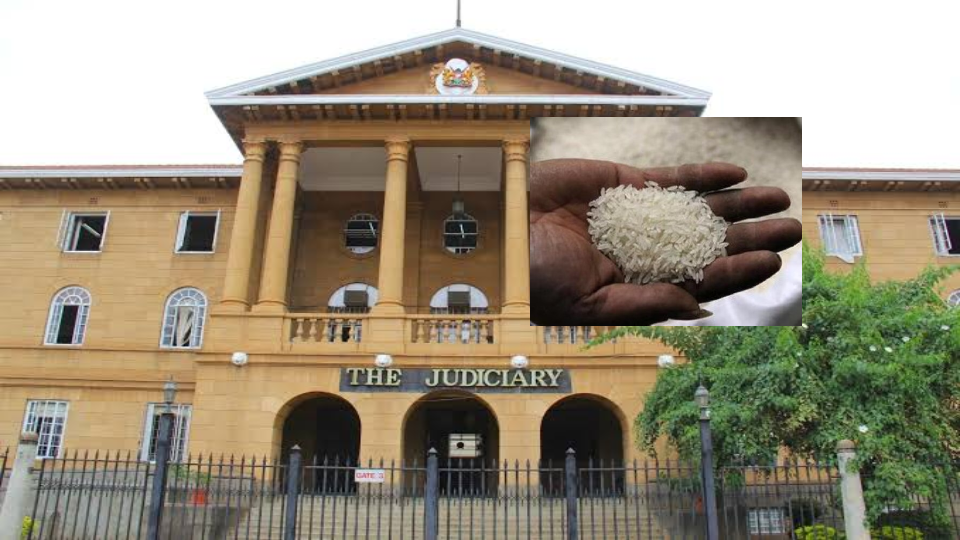Judicial Service Commission Reports Over 900 Petitions Against Judges, 210 Staff Dismissed
The Judicial Service Commission (JSC) has processed 946 petitions against judges since its inception, with 10 cases escalated to the President for tribunal hearings and 210 judicial staff members dismissed for misconduct, according to JSC vice-chairperson Isaac Ruto. Speaking during a media simulcast on NTV and Nation FM, Ruto emphasized the commission's commitment to accountability while adhering to strict procedural guidelines for judicial discipline.
Ruto clarified that while the JSC can directly discipline judicial staff, judges face a more rigorous process requiring a tribunal before any disciplinary action can be taken. He cited a recent case where a judge was acquitted by a tribunal and reinstated, underscoring the importance of "clear, established procedures" in maintaining judicial integrity. To enhance transparency, the JSC is developing new regulations to streamline the complaints process, with public participation currently underway to shape these guidelines. "We may be behind schedule, but the process has begun," Ruto said, encouraging Kenyans to engage in the regulatory development to better understand how complaints are handled.
Justice Fatuma Sichale, the Court of Appeal representative and chair of the JSC's complaints committee, provided further insight into the commission's workload. As of July 29, 2025, 95 complaints remain pending, with 56 under initial review, nine before panels, 23 requiring responses from judges, and one awaiting a final report to the full commission. Sichale addressed public misconceptions about a large backlog, stating, "Contrary to what people might think, only 95 matters are pending. We aim to process complaints in real time to ensure timely resolution for both litigants and judges."
Sichale also revealed that 94 percent of complaints received over the past two years focused on the merits of judicial decisions, which are typically outside the JSC's disciplinary purview, while only six percent raised actionable issues such as misconduct or ethical breaches. This distinction highlights the need for clearer public understanding of the JSC's role, as many complaints are dismissed for falling outside its mandate.
Beyond addressing complaints, the JSC highlighted significant progress in Kenya's judiciary since the 2010 Constitution. Ruto and Sichale pointed to the establishment of the Supreme Court, specialized courts like the Environment and Land Court and the Employment and Labour Relations Court, and the expansion of judicial capacity. The Court of Appeal has grown from nine to 28 judges, while the High Court now has 98 judges out of a possible 200, and approximately 45 Kadhis serve in Islamic courts. Digital transformation has also advanced, with e-filing, virtual hearings, and regular judicial returns now integral to operations, marking a significant departure from past practices.
Ruto acknowledged that the judiciary has historically been reserved in sharing information but urged the public and media to provide more platforms for the JSC to explain its work. "The judiciary has opened its doors to the public, and we welcome questions to clarify our processes," he said, emphasizing the commission's commitment to transparency and accountability.
The JSC's efforts reflect a balancing act between upholding judicial independence and ensuring accountability, with ongoing reforms aimed at strengthening public trust in Kenya's judicial system. As the commission continues to refine its processes, it remains focused on fostering a judiciary that is both accessible and responsive to the needs of Kenyans.


